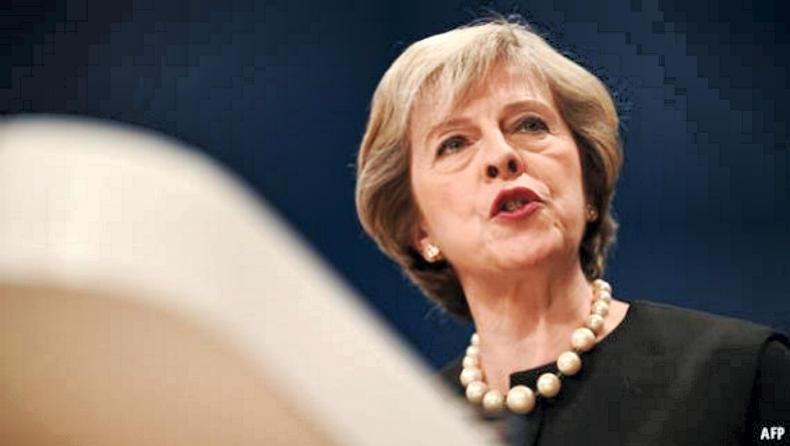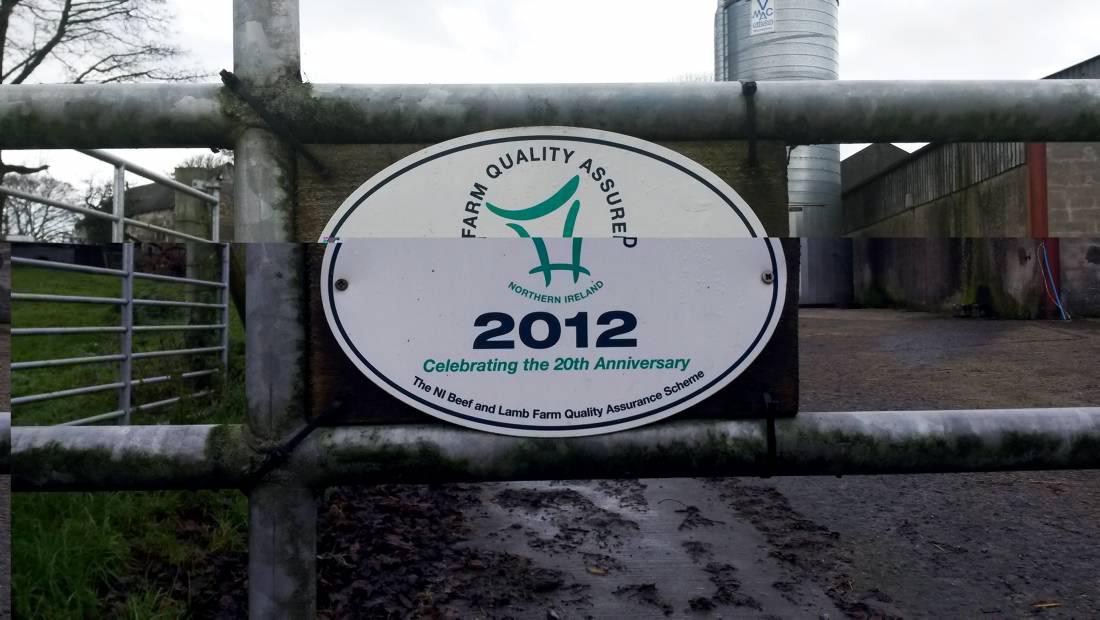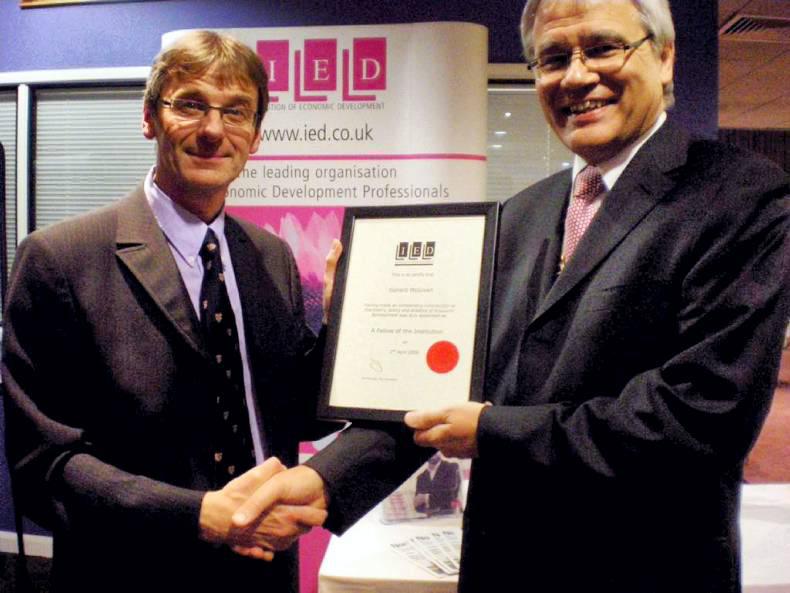There is a growing consensus among agri food industry leaders in NI that they must come forward with a single, joint position to have any chance of getting their voice heard in up-coming negotiations around Brexit.
To date, a number of agri-food industry bodies have been formulating their position on Brexit, with the NI Food and Drink Association (NIFDA) the first to come forward with a report in November 2016.
In terms of the redmeat sector, coordinating a view is the Livestock and Meat Commission (LMC) which has brought together representatives from the Ulster Farmers’ Union, the NI Meat Exporters Association (NIMEA) and the Agri Food Strategy Board. Speaking at an event to mark 25 years of the LMC Farm Quality Assurance Scheme (FQAS) this week, LMC board chair Gerard McGivern confirmed that a document has been drafted. “We hope to have it agreed in the near future,” he said.
His message is clear – that NI farmers consistently produce fully traceable food to the highest standards, and should not be sacrificed by a Government pursuing a cheap food policy based on imports.
“You don’t always appreciate what you have got until you lose it. The horsemeat scandal and recent issues in Brazil highlight the true value of our farm quality assured produce,” said McGivern.
Given the traditional heavy reliance of the sector on direct payments, the industry is also likely to argue that a future agriculture policy must support efficient and productive farmers.
On trade, while some politicians have called for a special status for NI to remain in the EU, it is not something the industry is likely to support if it means trade barriers are created into the crucial British market. It is likely to remain the key outlet for NI agri-food. Second to that, but also important, is access to Europe and other markets to allow processors to sell parts of the carcase not readily consumed here.
But of immediate concern for industry is the lack of a functioning executive at Stormont. “We can make the snowballs here, but ultimately we need someone to throw them for us. We need our politicians to negotiate on our behalf,” said McGivern.
Consulting
Separate to the LMC-led Brexit position, the UFU is also consulting across its various committees and hopes to launch a report at this year’s Balmoral Show. Also speaking at the FQAS event, UFU deputy president Victor Chestnutt maintained that this should become part of a much wider process. “We then need the whole industry to come together – NIMEA, LMC, NIDFA, the UFU etc, to formalise a position in the one single paper for NI,” he said.
Despite the challenges, he also sees a number of potential opportunities for NI. “People need to be fed. I am confident they want quality and will pay for quality,” he suggested. He also maintains that the Irish border could turn into a positive, given that it is a potential gateway into the EU market for the UK post-Brexit, and vice versa.
However, even if the British government achieves its goal of a comprehensive free trade agreement with the EU post-Brexit, it could still lead to added costs for business trading across the island. That was a key point made by AFBI head of economics, Professor John Davis, speaking at an AFBI science conference in Templepatrick this week.
“Auditing of rules around country of origin, and the administration of sanitary controls, etc, could be the equivalent of 5% of added cost,” he suggested. That might not seem much, but for many agri-food businesses it is more than their current profit margins.









SHARING OPTIONS